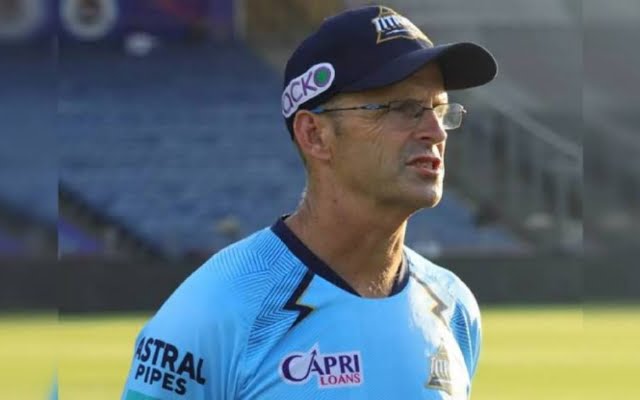Cricket has a long-standing tradition of players transitioning from on-field heroes to off-field mentors. The role of a coach is critical in shaping a team’s success, and former captains often bring invaluable experience, leadership, and tactical understanding to the position.
Here’s a look at five cricketers who led their national teams as captains and later returned to coach them.
1. Greg Chappell (Australia)
Greg Chappell is one of Australia’s greatest cricketing legends, known for his elegant batting and astute captaincy. He captained Australia in the 1970s and 1980s, leading the team through both highs and lows. Decades later, Chappell transitioned into coaching, serving as Australia’s coach from 2005 to 2007. While his tenure as a coach saw its fair share of controversies, particularly his handling of senior players, Chappell was instrumental in emphasizing the importance of youth development in Australian cricket.
2. Waqar Younis (Pakistan)
Known for his devastating reverse swing and pace, Waqar Younis is a Pakistani cricket icon. He captained Pakistan in the early 2000s, showcasing his aggressive and fearless leadership. Waqar later became the head coach of Pakistan on multiple occasions, most notably from 2010 to 2011 and again from 2014 to 2016. His coaching stint was marked by his emphasis on fitness and nurturing young fast bowlers, helping Pakistan maintain its reputation as a breeding ground for world-class pacers.
3. Gary Kirsten (South Africa)
Gary Kirsten was a prolific opening batsman and a natural leader who played a key role in South Africa’s success during the 1990s and early 2000s. Though he didn’t officially captain the team often, his leadership qualities were evident throughout his career. Kirsten made an even greater impact as a coach, first with the Indian cricket team, leading them to the 2011 ICC Cricket World Cup title, and later with his native South Africa. As South Africa’s head coach from 2011 to 2013, Kirsten guided the team to the top of the ICC Test rankings.
4. Darren Lehmann (Australia)
Darren Lehmann, known for his aggressive batting and strong cricketing acumen, captained Australia in limited opportunities but was highly regarded as a leader. After retiring, he became Australia’s head coach in 2013. Lehmann played a pivotal role in stabilizing the Australian team after turbulent times, leading them to victory in the 2015 ICC Cricket World Cup. His emphasis on team culture and aggressive play helped Australia regain its dominance in world cricket.
5. Andy Flower (Zimbabwe)
Andy Flower is widely regarded as Zimbabwe’s greatest cricketer, both as a batsman and as a captain. Flower’s leadership on the field during the 1990s and early 2000s was characterized by resilience and a never-say-die attitude. After retirement, Flower found immense success as a coach, most notably with the England cricket team. While not coaching Zimbabwe directly, his coaching philosophy reflected the leadership skills he honed as Zimbabwe’s captain, making him an influential figure in international cricket coaching.
These players demonstrated their leadership both on and off the field, embodying the true spirit of cricket. Their journeys from captains to coaches highlight their deep understanding of the game and their ability to inspire new generations of players.
Get the latest cricket news here, like us on Facebook, and follow us on Twitter and Instagram for more such updates.

